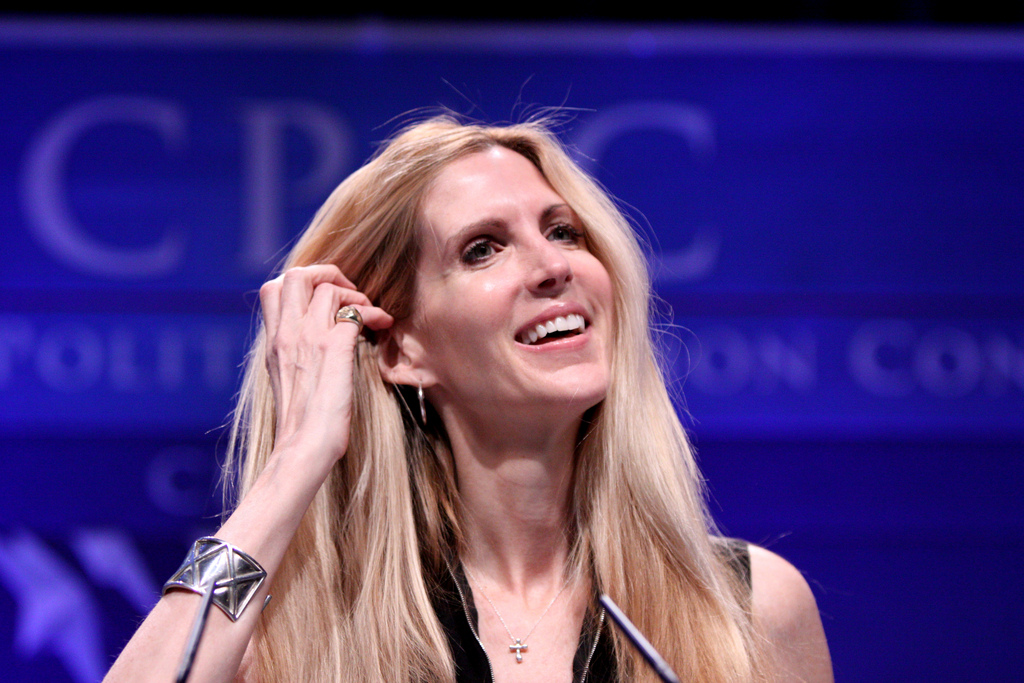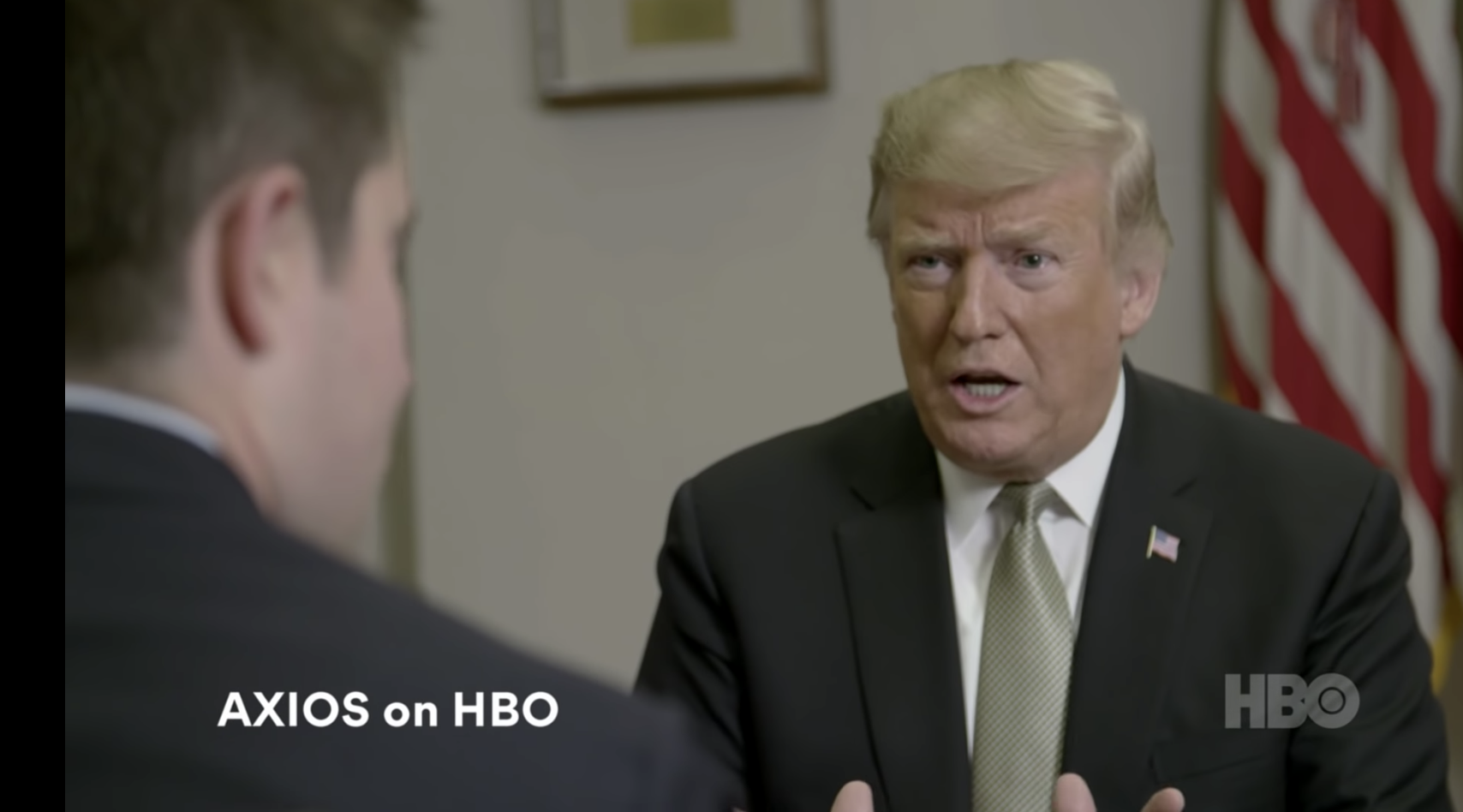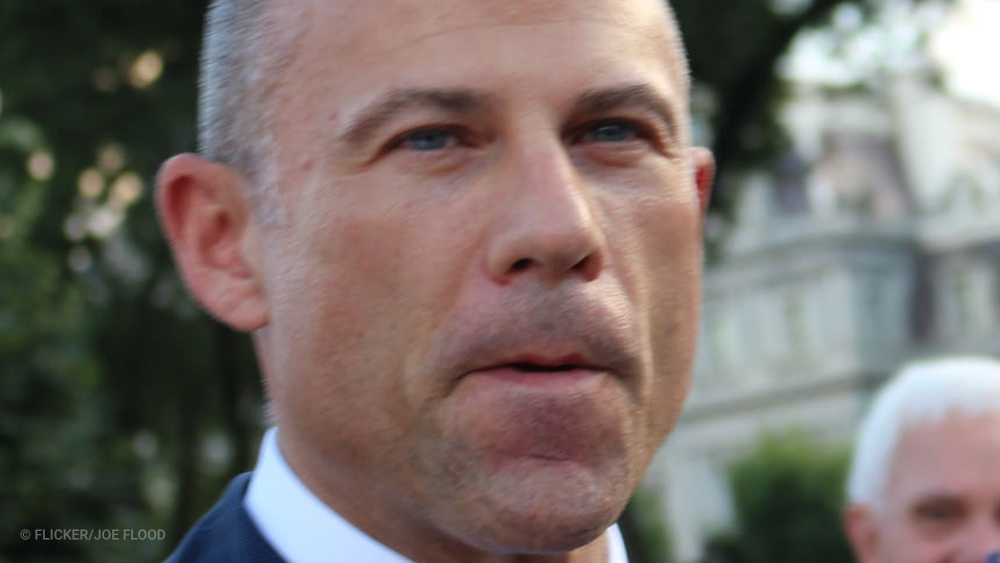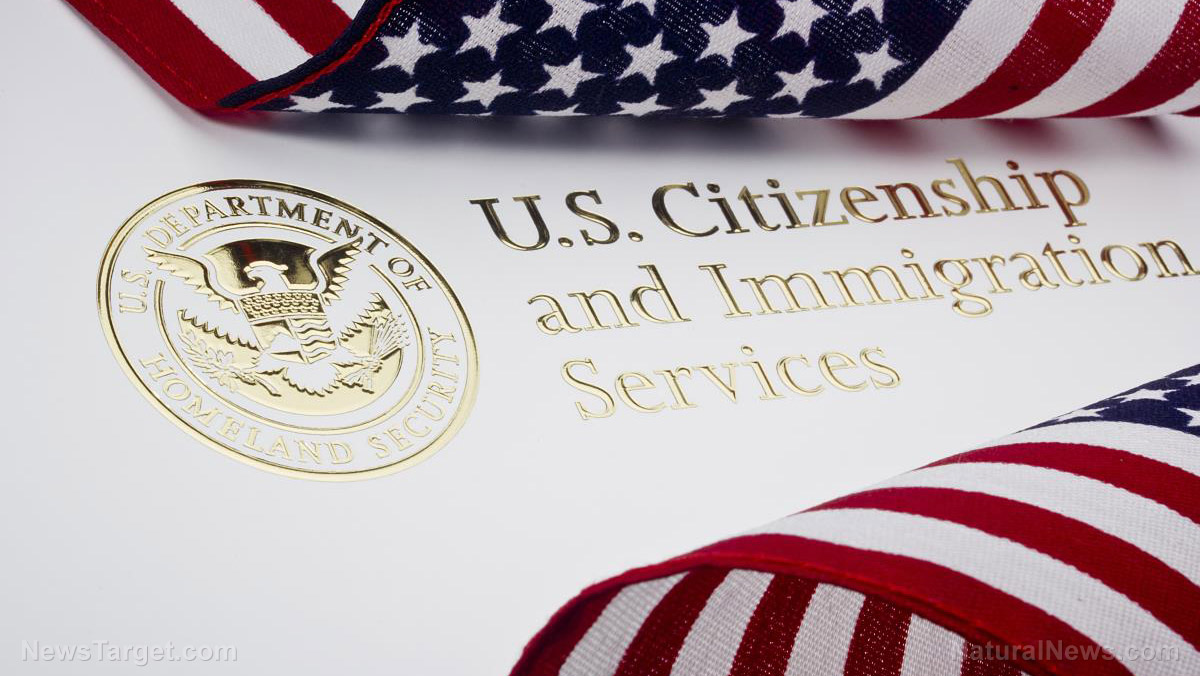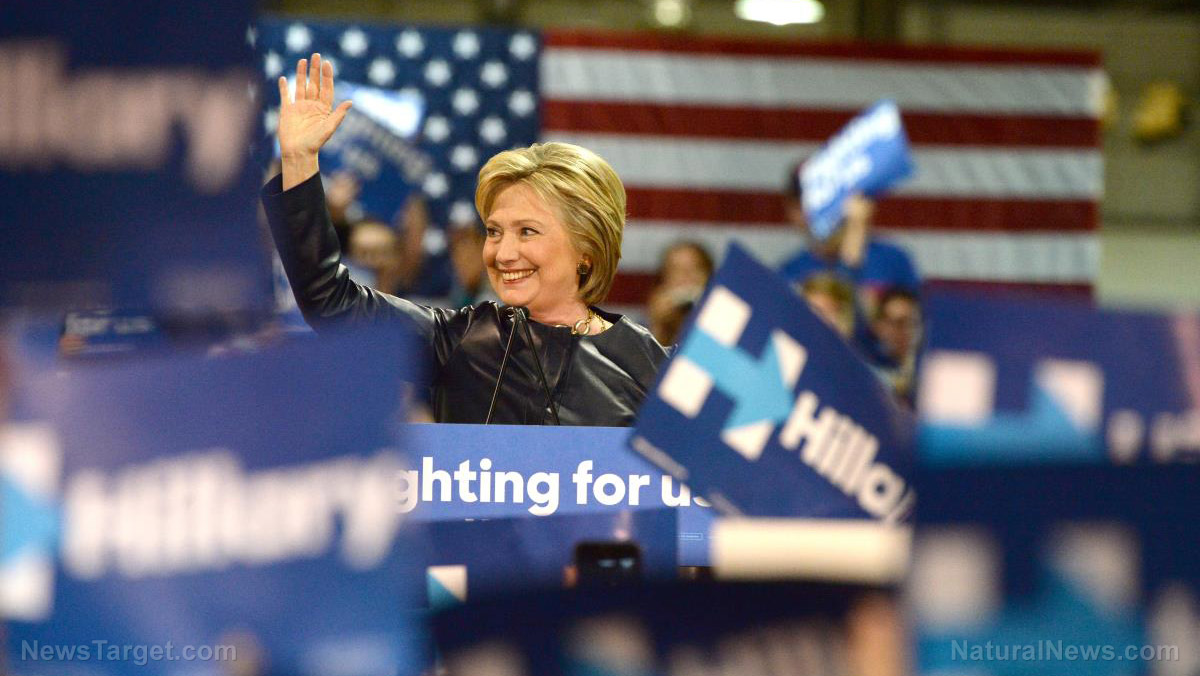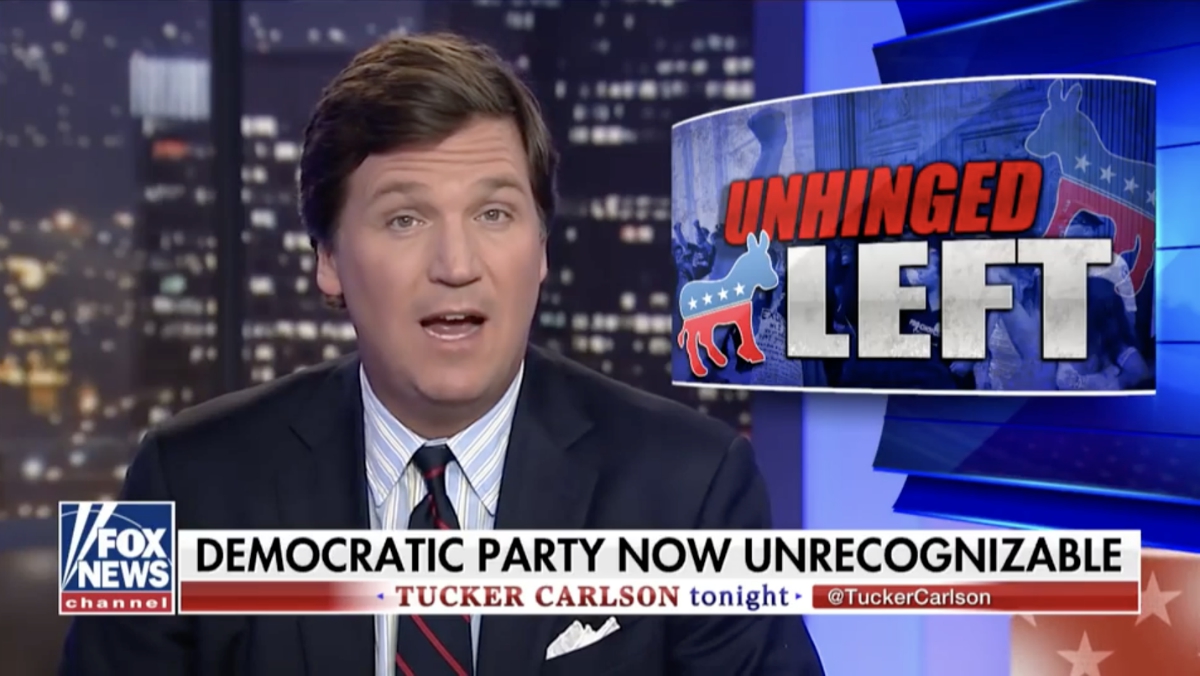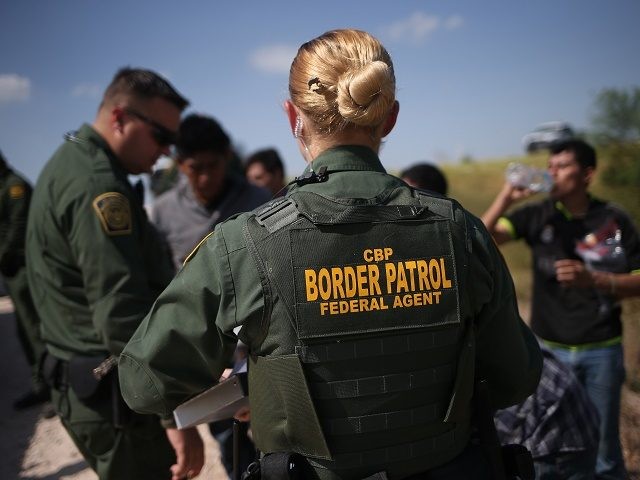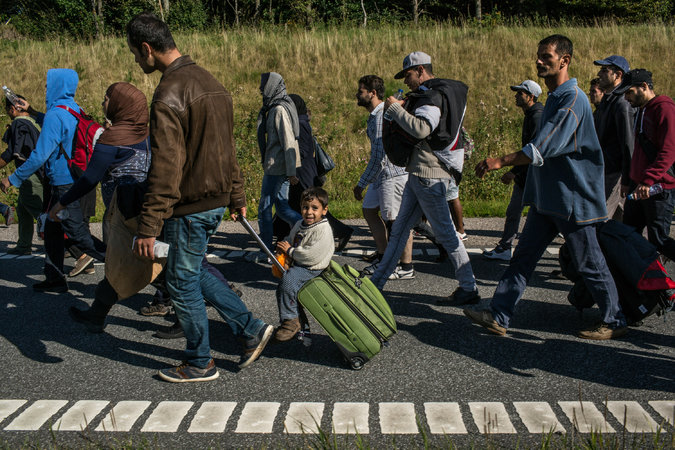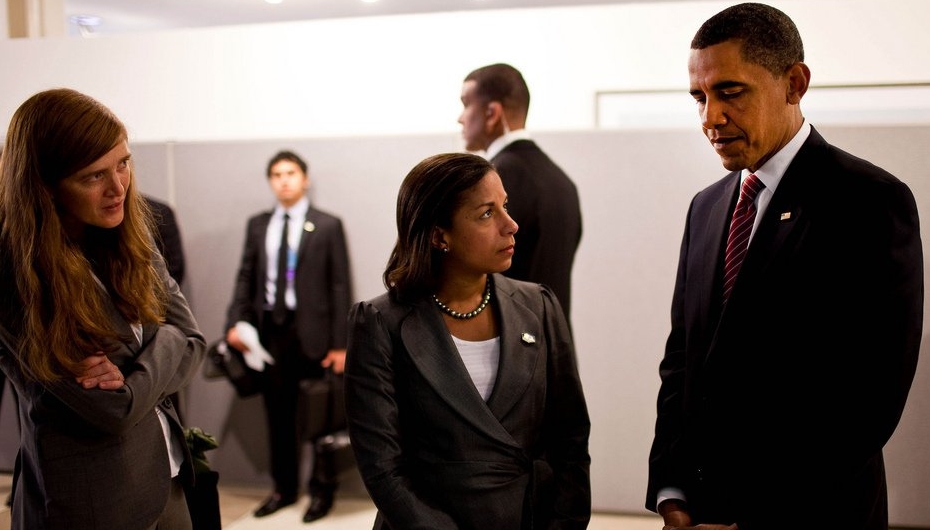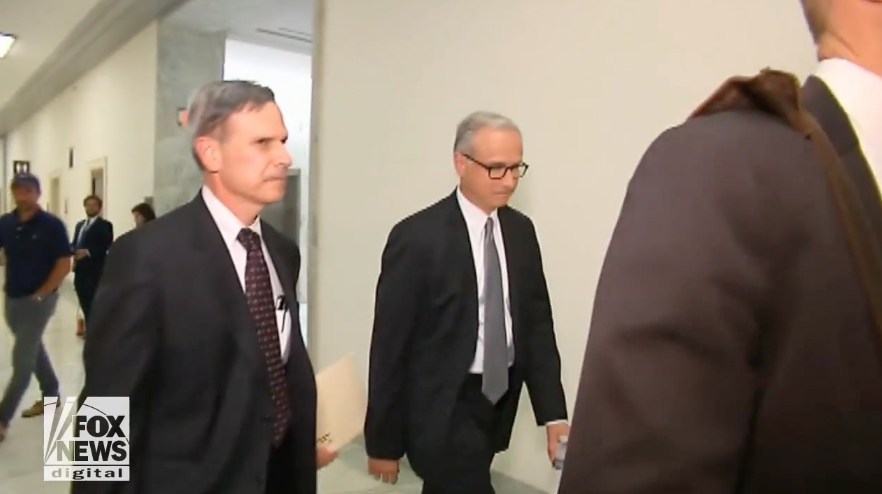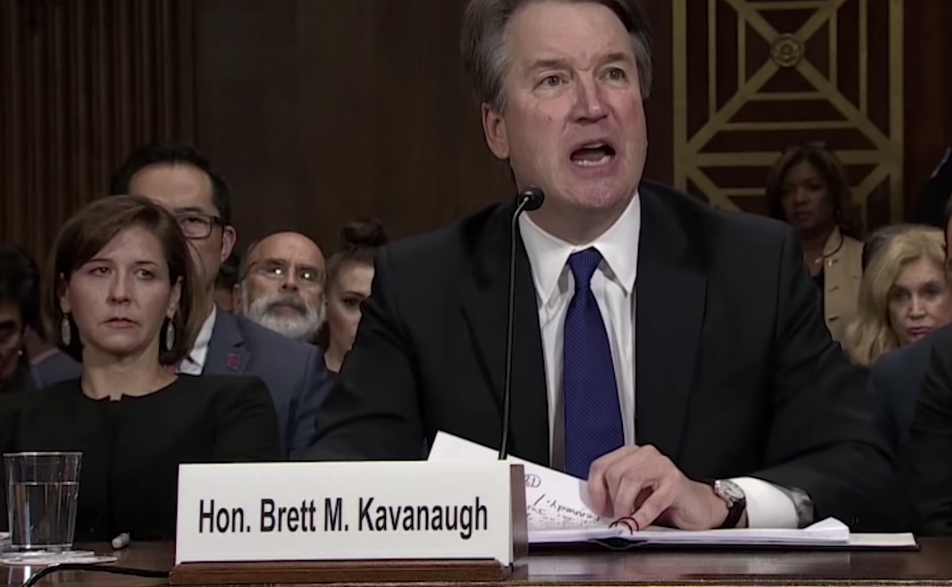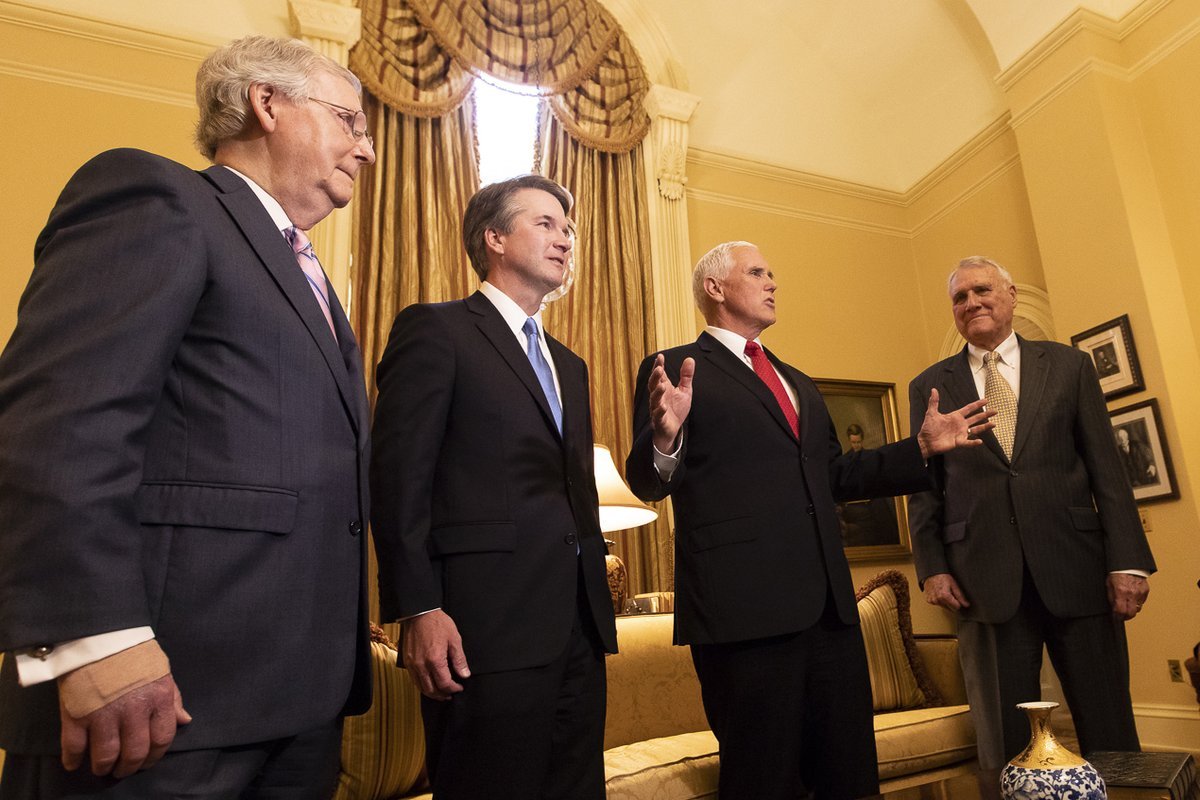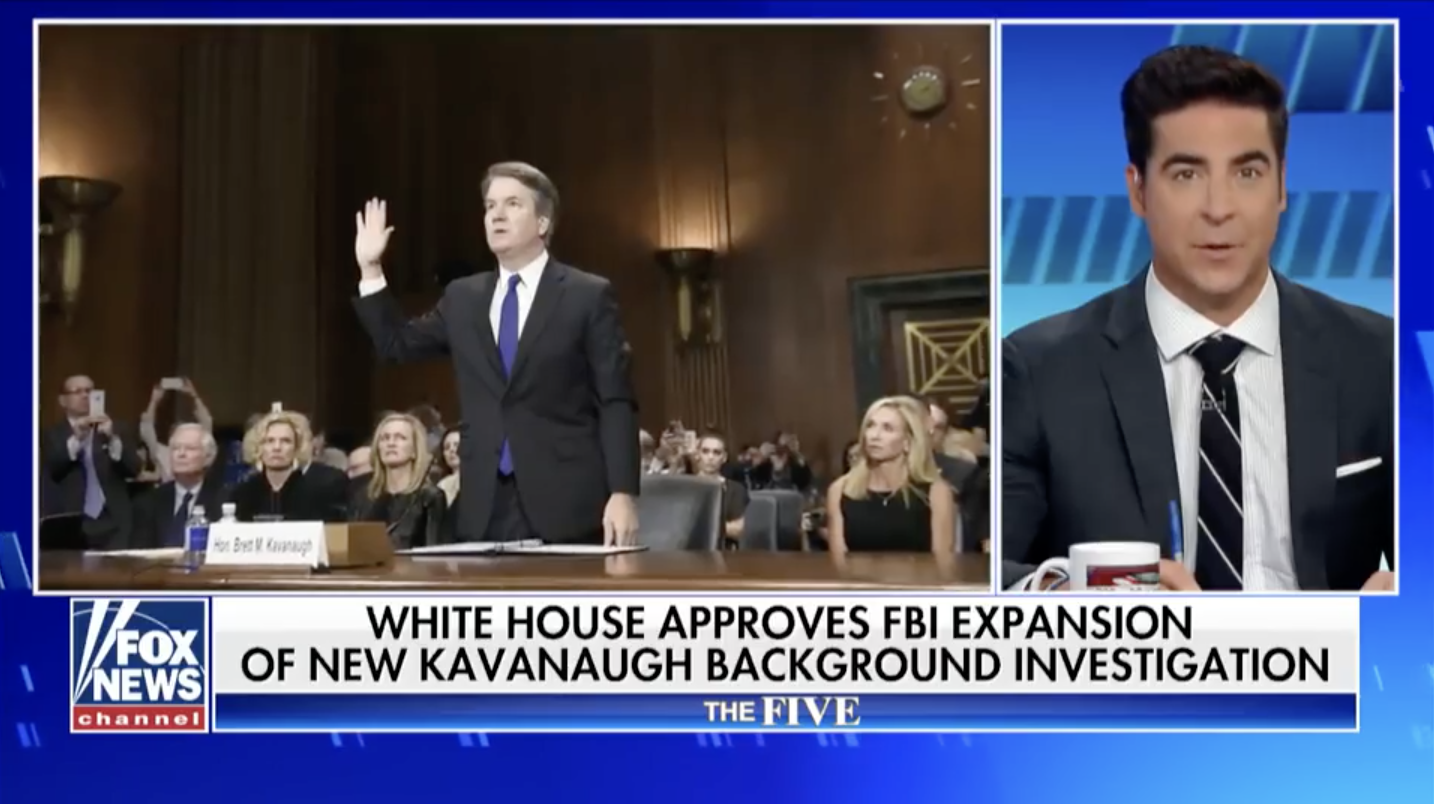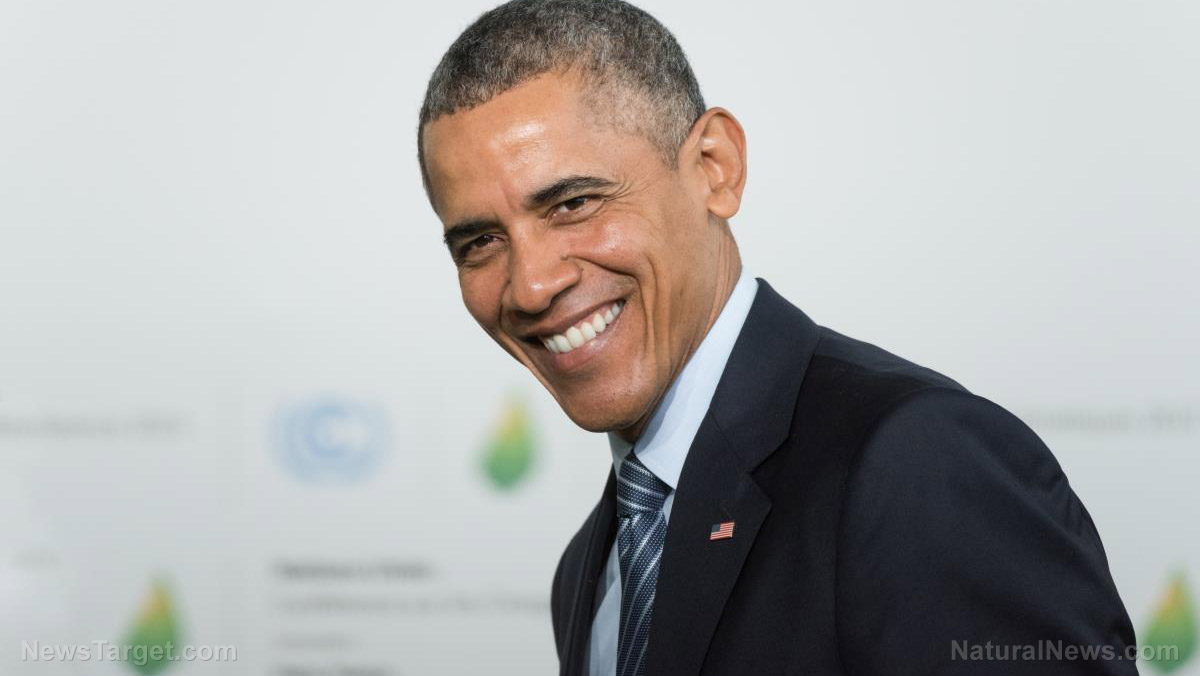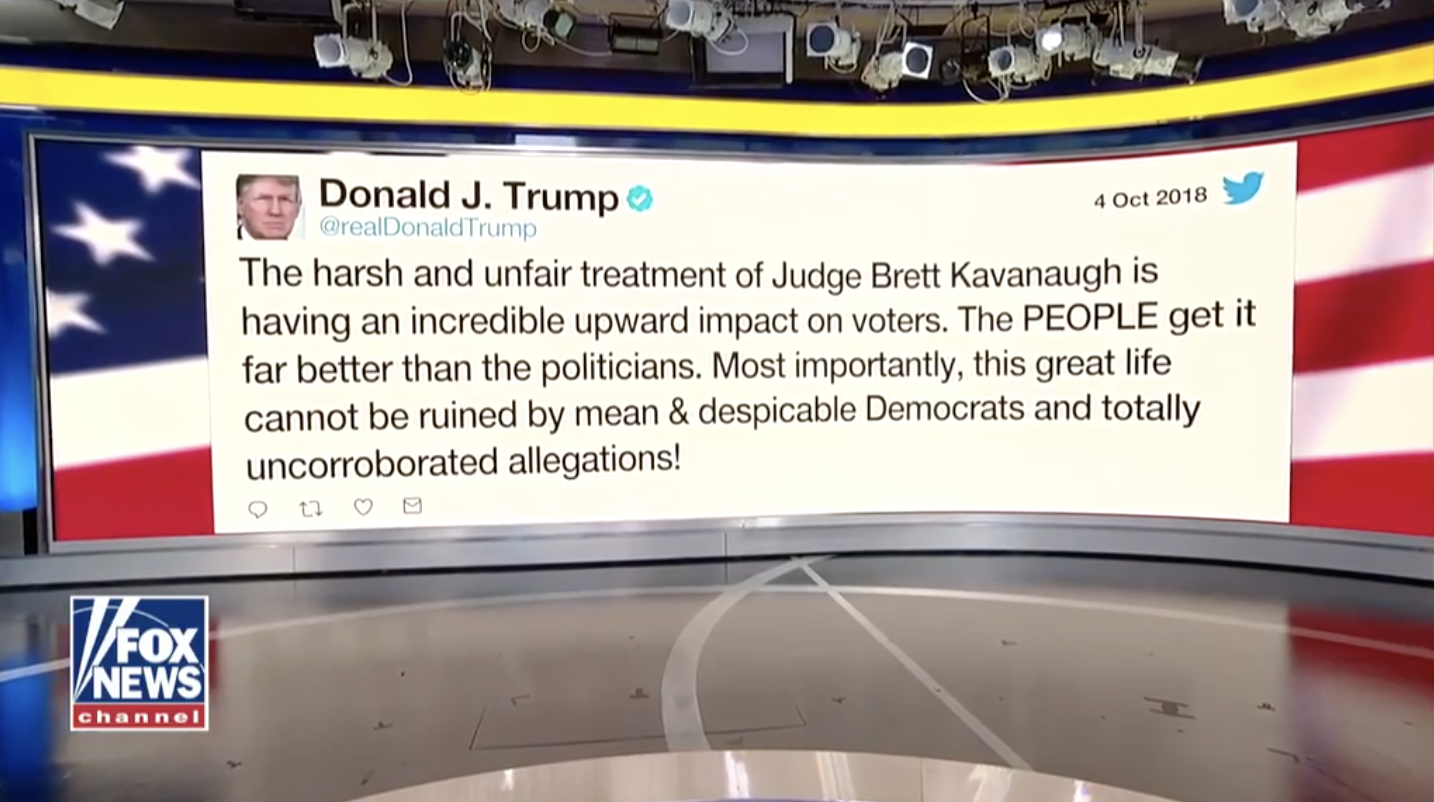Historic Trump speech to 50 nations in Saudi Arabia seeks unity in fight against Islamic extremism, not U.S. “lecturing” and dominance
05/22/2017 / By JD Heyes

President Donald J. Trump delivered a well-received speech on Sunday in Saudi Arabia before more than 50 nations in an historic reset of relations between the United States and the world’s 1.5 billion Muslims.
The speech – Trump’s first major overseas address on the second day of his first foreign trip as leader of the U.S. – focused primarily on both uniting and empowering the Arab world against Islamic extremism as part of a massive coalition in which they are equal partners with Washington.
“We are not here to lecture – we are not here to tell other people how to live, what to do, who to be, or how to worship,” Trump said, speaking in an ornate room before regional leaders, The Associated Press reported. “Instead, we are here to offer partnership – based on shared interests and values – to pursue a better future for us all.” (Related: Read Trump, in high-profile Saudi speech, calls for ‘unity’ in fight against terrorism.)
Prior to departing to Saudi Arabia, Trump made a similar statement during his weekly address, noting: “America cannot solve all of the world’s problems, but we can – and we must – help any nation willing to join in the common cause of eradicating terrorism from the face of the earth.”
The AP and other Left-wing establishment media attempted to tar the president’s address by making negative references to earlier comments and actions Trump made as a candidate and as president. For instance, the AP made sure to report that Trump knocked former President Obama for failing to use the term “radical Islamic extremism” and that he has issued two travel bans on people coming from “Muslim-majority” nations. What the AP did not report, of course, is that Obama would not even associate the wave of terrorism since 9/11 with Islamic radicals, and that Trump’s travel bans involved nations rife with terrorists and terrorist-sponsoring regimes.
Nevertheless, the president was effusive in his praise for the Muslim world in his speech, describing Islam as “one of the world’s great faiths” and referring to terrorists as “Islamists.”
And there is this: After the bumbling and stumbling of the Obama administration and its utter contempt for America’s traditional Arab allies, such as making a “nuclear deal” with regional antagonist Iran that involved handing over tens of billions of dollars and only delays the development of nuclear weapons by a couple of years, the Trump White House is prioritizing a badly needed reset with the Arab world. It’s why Saudi Arabia and the speech before the 50-plus Muslim nations was Trump’s first overseas foray.
Trump’s main goal in stopping the spread of terrorism, he said, was cutting off funding for terrorist organizations, much of which comes from Middle East sources – including Saudi Arabia. Indeed, the Washington Times reported last year that Saudi Arabia was “funding Muslim radicalism in mosques and charities at the time of the Sept. 11, 2001, hijackers were gathering in the United States and making contact with Saudi nationals,” a declassified intelligence assessment noted.
Still, there can be no doubt after the Hillary Clinton-led State Department botched the handling of Syria, Egypt, Libya and Iraq – which led to civil war and the creation of ISIS – the U.S. needs a “reset” in the Middle East, and Trump’s approach appears at face value to be exactly the right one.
Instead of demanding results as the all-powerful United States president, Trump is partnering with nations who, frankly, have been much harder hit by terrorism than we have. Rather than dictating terms, the president is offering a handshake and a pledge to offer help when and where it is most needed, and on our partner’s terms.
This strategy of equal parts U.S. engagement, deference to partners and the promise of economic benefits – a number of deals were signed by Trump and private industries in Saudi Arabia – will be panned by critics in the establishment media and Washington political circles.
But Trump and his foreign policy team obviously understand the strategies we’ve pursued for decades in the Middle East – particularly “nation-building” – haven’t worked.
Stay more informed at Trump.news.
J.D. Heyes is a senior writer for NaturalNews.com and NewsTarget.com, as well as editor of The National Sentinel.
Sources include:
Tagged Under: President Donald J. Trump, Saudi Arabia, speech, terrorism, unity

